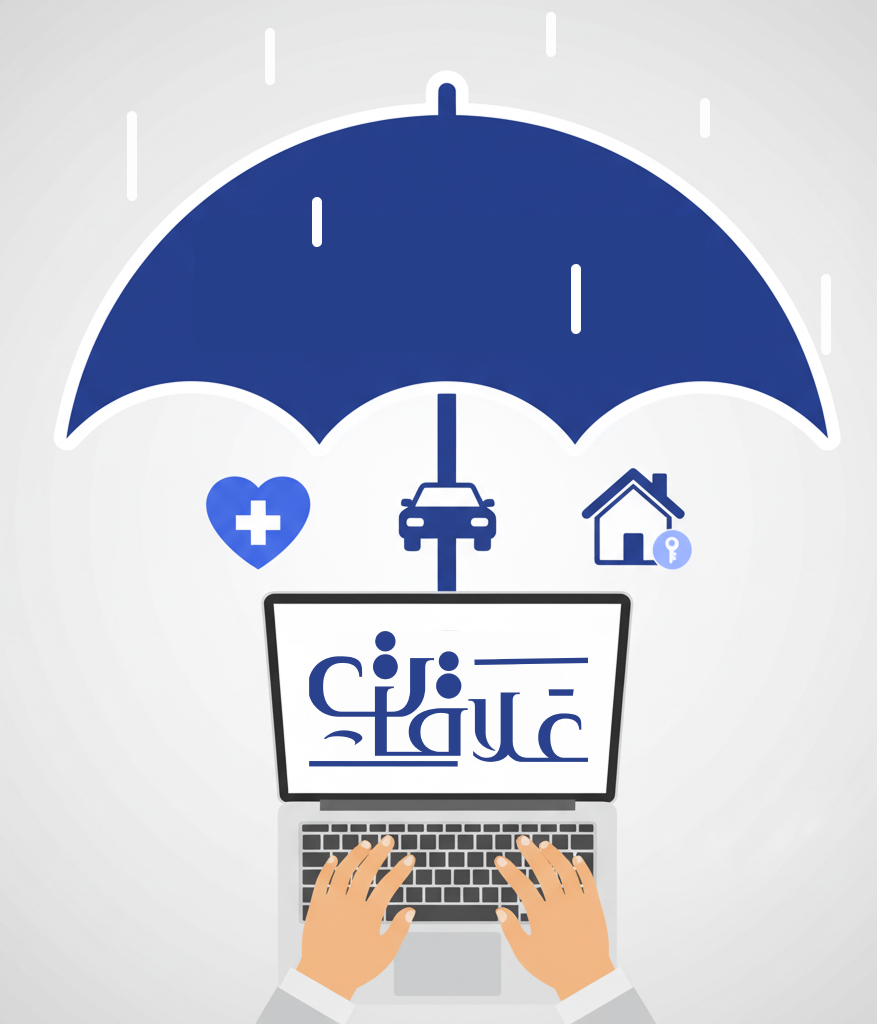The Role of CRM System in Insurance Companies
Sep 25, 2025 -
Introduction
In the insurance industry, where various types of policies, diverse customer segments, and subscription plans, it’s important to have a reliable CRM system. Such a system is essential for effectively managing and organizing these components, ensuring consistent, and efficient service delivery.
In today’s competitive insurance market, staying ahead and ensuring long term success are key to growth and stability.
In this article, we explore the role of Customer Relationship Management (CRM) systems in insurance companies and how they can make a real difference in improving customer experience, increasing operational efficiency, and supporting growth in a highly competitive market.
Why do insurance companies need a CRM system?
Insurance companies and their agents deal with ongoing customer relationships that involve continuous communication and support. Managing these relationships effectively can be challenging, especially when trying to understand and meet each customer’s unique needs.
A CRM system helps address these challenges by offering tools like automated document management, customer interaction tracking, and streamlined claims processing. With these features, insurance companies can deliver better service, reduce manual work, and build stronger, more loyal customer relationships.
Additionally, a Customer Relationship Management (CRM) system serves as a central database for all customer information, including policy details and claims history, all in one easily accessible place. This gives insurance agents and brokers quick access to the data they need, reducing time spent on administrative tasks and allowing them to focus on building strong customer relationships and growing their business.
Key Benefits of Using a CRM in Insurance Companies
-
Improving work efficiency and increasing productivity: A CRM system automates routine administrative tasks like data entry and report generation, allowing employees and agents to focus on customer service and building relationships.
-
Personalizing Marketing Campaigns: Sending customized marketing campaigns based on the type of insurance (health, motor, etc.), with the ability to track leads and convert them into actual customers through clear sales funnels.
-
Smart Policy and Renewals Tracking: A CRM system keeps track of when insurance policies expire and automatically sends reminders to customers and agents. This helps make sure policies get renewed on time, so coverage doesn’t stop.
-
Enhancing Compliance and Internal Control: A CRM system helps document all customer interactions and claims activities, ensuring adherence to local and international regulations in the insurance sector. This reduces legal and financial risks.
-
Integrated Management of Customer and Insured Data: A Customer Relationship Management (CRM) system in the insurance sector allows comprehensive storage and organization of customer data, including contact information, document details, past claims, and insurance coverage, all through a unified and easy-to-use interface.
How Using “Alaaqat” Transformed an Insurance Company in Jordan
Ahmad Khalil, Head of Sales at an insurance company in Jordan, shares the major changes the company experienced after implementing Alaaqat:
"Before using Alaaqat, we faced significant challenges in tracking customer data and communicating effectively. We relied on Excel sheets and files, which often caused delays in handling customer requests, and sometimes duplicate or inconsistent data.
It was frustrating, especially when customers complaining about slow responses and the need to resubmit their information multiple times. This negatively impacted customer satisfaction and reduced insurance renewal rates.
When I first started talking to management about the importance of using a CRM system like Alaaqat, I faced three main obstacles: cost, lack of knowledge, and fear of change. Some thought the system was expensive and not worth the investment, especially since we had been using spreadsheets for so long. Many didn’t fully understand what a CRM does or how it could actually improve the way we work. But the biggest challenge was resistance to change; People tend to stick to what they know, even if it’s not the most efficient way.
Over time, I started explaining things in simple ways, and we tried a demo version of the system together. This helped them see the benefits for themselves, making the decision much easier.
With Alaaqat, we saw a significant shift in how we work. We could finally store all customer data in one central place and easily track every interaction and claim with accuracy. The system helped us customize insurance offers to each customer's needs, increasing customer satisfaction and trust.
In addition, our customer service team was able to process claims faster and more efficiently, while providing accurate reports that support strategic decision-making. Policy renewals and alerts were also automated, reducing customer churn and increasing customer loyalty.
Before the system, audits were a challenge. Documents and information were scattered across multiple files, and it took a long time to gather everything and prove what actions were taken. With Alaaqat, everything is automatically documented in one place and can be accessed anytime, making compliance with regulations much easier and reducing legal risks significantly.
Our experience in Jordan confirms that investing in a CRM system is not only essential for improving internal operations, but also key to excelling in the competitive Arab insurance market."
Conclusion
Choosing the right CRM system and using it properly helps companies achieve better results and positively impacts performance and growth. Based on the experience of insurance companies in Jordan and the Arab region, it’s clear that using a CRM system like “Alaaqat” is essential for improving customer service, increasing efficiency, and enhancing customer loyalty.
